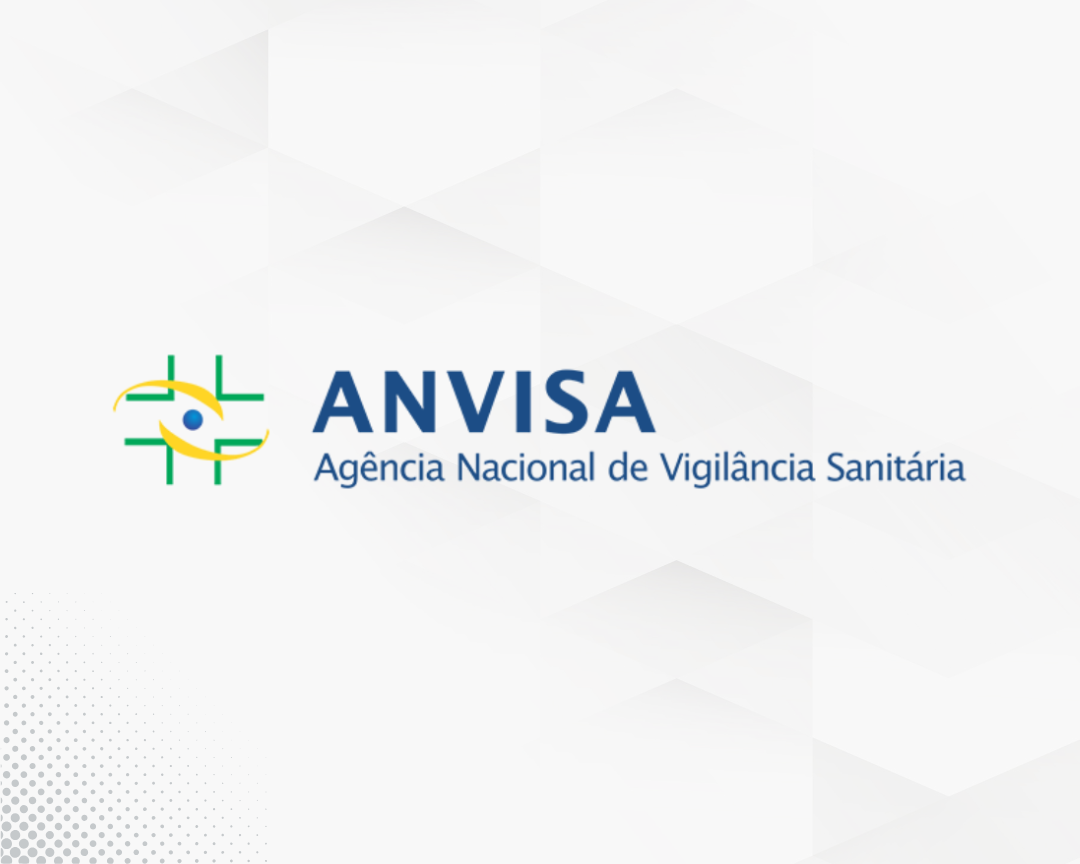As a member-based organisation, anticipating and supporting the needs of our members is critical. To give context to this I’d like to highlight two examples of this in action:
- The development of a statistical-based methodology for the prediction of Mutagenicity; Sarah Nexus.
In the mid to late 2000s individual regulators had issued guidelines allowing the use of (Q)SAR methodologies to assess the mutagenicity of impurities. However, these individual guidelines were soon to be replaced by the harmonised ICH M7 guideline. This resulted in a change in the regulatory landscape surrounding the use of (Q)SAR models to assess the mutagenicity of impurities. Our members now needed to adhere to ICH M7.
- The development of a software solution for the prediction and management of the purge of impurities through a synthetic process; Mirabilis.
The threat posed by potential mutagenic impurities in drug substances arises, for example, from the use of highly reactive reagents such as alkylating agents within a synthesis. However, their inherent highly reactive nature also means they are not likely to persist through the synthesis and pose any actual risk. Dr. Andrew Teasdale of AstraZeneca developed a paper-based approach to assess the potential carryover of such impurities through a synthetic process and hence de-risk the impurities based on their lack of potential carryover. This approach presented an opportunity to develop a cross industry approach.
What made both initiatives possible? How was Lhasa able to both anticipate the needs of its members and then support them in addressing them?
Lhasa believes it is all about people. Systems, processes and facilities etc. are important but the key to successfully anticipating and supporting our members’ needs, are the people who represent and work with Lhasa.
In anticipating our members’ needs we need to understand them and their challenges (and how they are changing), the market in which they operate (and how it is changing) and how we can technically support those challenges (both now and in the future). This can only be achieved by having passionate, committed, knowledgeable and driven people with a variety of complementary skills and talents.
In the case of Sarah Nexus, the strong scientific relationships we built with members and regulators allowed us to understand the direction of travel regarding the assessment of impurities and that two complementary (Q)SAR methodologies would be required (one expert rule-based and one statistical-based) to satisfy ICH M7. Our domain knowledge of mutagenicity, machine learning and software development, coupled with our approach to data gathering, allowed us to develop and launch a novel statistical-based methodology to meet the needs of our members.
In the case of Mirabilis, the strong scientific relationships we have built with our members and regulators made Lhasa an obvious choice to help build a consortium. Our domain knowledge of organic synthesis, knowledge base development and software development, coupled with our approach to building consortia, allowed us to develop and launch cross industry standardised impurity management software to meet the needs of our members.
It’s important to note that anticipating and supporting the needs of our members is not a one-off exercise, it never ends. In the cases highlighted here (Sarah Nexus and Mirabilis) we continue to listen and adapt them as our members’ needs evolve. For example, the recent discovery of N-nitrosamine impurities in several marketed pharmaceuticals means that marketing authorisation holders for human medicines must review their medicines for the possible presence of N-Nitrosamines and test all products at risk. This has generated a significant challenge for many of our members. Working with our members we have added new N-Nitrosamine data to the training set that underpins Sarah Nexus and augmented the purge assessment of N-Nitrosamines within oxidative and reductive transformations within Mirabilis.
Our passionate, committed, knowledgeable and driven people continue to work with our members on a daily basis to anticipate and support their needs both now and in the future.
Last Updated on January 25, 2024 by lhasalimited



